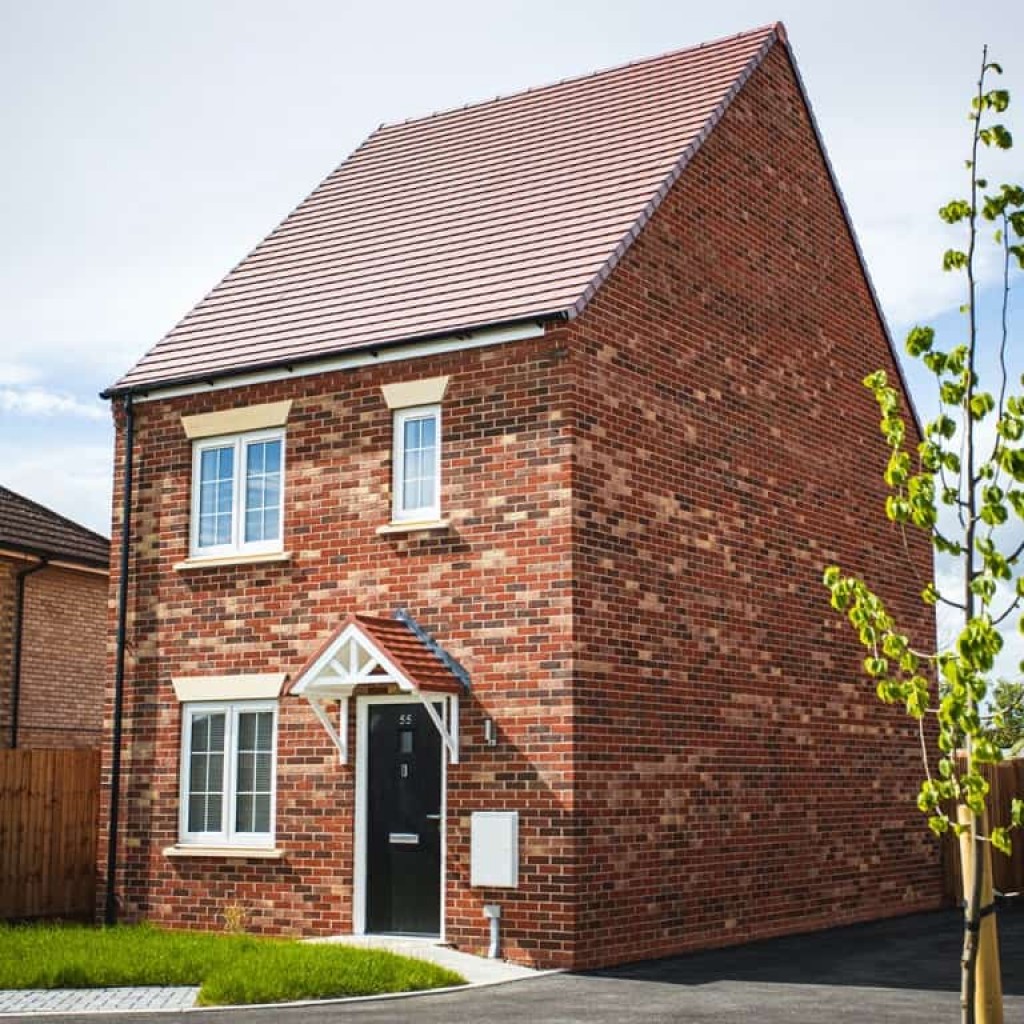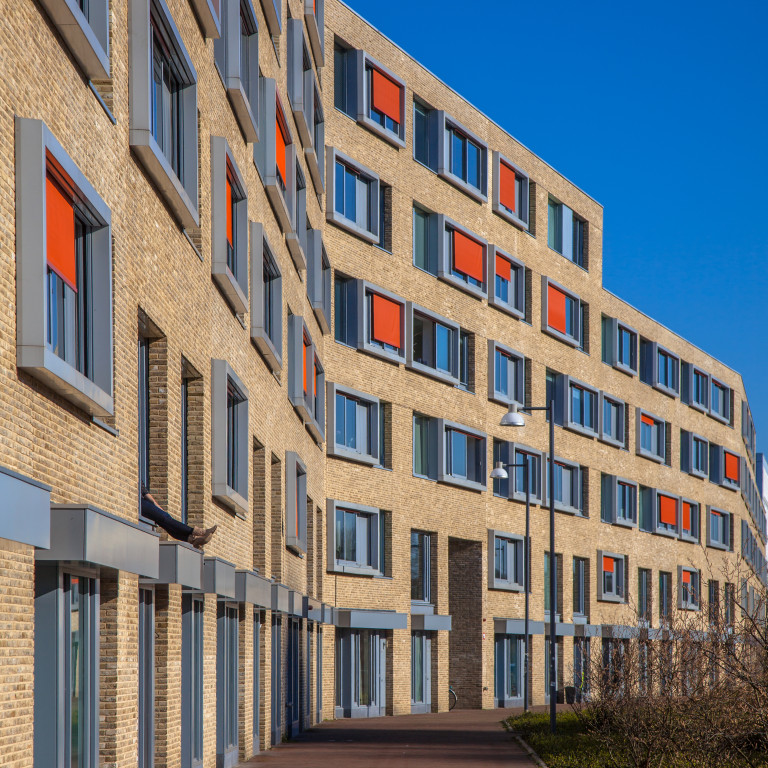One of Britains leading social housing providers, Stonewater, intended to deliver an entirely affordable housing scheme. While this is in line with common market practice, the section 106 agreement and permission for the site only required 35% of the 169 homes to be affordable.
Stonewater applied for Community Infrastructure Levy relief, amounting to just over £3 million pounds, for all 169 units. They were also required by Regulation 51(3)(d)(ii) of the CIL Regulations 2010, to provide the application evidence that the chargeable development qualified for social housing relief by reference to Regulation 49.
What is the Community Infrastructure Levy (CIL)?
The Community Infrastructure Levy is a charge which can be levied by local authorities on new development. It is ussed by local authorities to help them deliver the infrastructure needed to support their developments. The levy only applies in areas where a local authority has consulted on, and approved, a charging schedule which sets out its levy rates and has published the schedule on its website.
Why the application was refused on the 106 agreement
The Council refused the application, concluding that Stonewater had not provided sufficient evidence in accordance with Regulations 49 and 51. The Council argued that it had seen no evidence that all the units would be secured for affordable housing use, other than an assertion that the units would all be provided as affordable housing, in apparent non-compliance with the section 106 agreement.
The Court concluded that whether the evidence was sufficient was a matter for the decision maker, and although a section 106 agreement securing the units as affordable was not a requirement for the CIL relief to be granted, it was a material consideration. The Court therefore saw no reason to overturn the Council's decision and Stonewater's claim failed.
The judge stated that "whilst affordable housing is generally desirable in policy terms, it does not follow that more affordable housing is always desirable without limit".
What this means for registered providers and interpretations of 106 agreements
The decision confirms that evidence provided with affordable housing CIL relief applications needs to be robust. Being an established registered provider is unlikely to be enough.
The case is significant and creates a concern for clients and practitioners working on transactions, due to the Court's interpretation of section 106 agreements and the circumstance in which they may be breached.
The decision may seem rather a strict interpretation since until now, it has been assumed that section 106 agreements that impose a requirement to provide a specific percentage or number of affordable housing units, do not also provide, implicitly, a cap on the number of affordable housing units that may actually be provided if an owner/operator wishes to voluntarily use units which are defined as private or market in the section 106 agreement, as additional affordable housing units.
The consequence of this decision is that Councils could take action against registered providers for voluntarily providing private units as additional affordable units.
A likely consequence of the Court's decision, is that other Councils will follow this Council’s example and refuse CIL relief applications unless s.106 agreements are amended so that they require what would have been voluntary affordable housing units to be affordable.
In order to mitigate the risks which arise from this case, early engagement with funders and the Council to confirm an agreed approach would be sensible, along with, where possible, the inclusion of specific wording in section 106 agreements to clarify that the affordable housing provisions are not intended to restrict any private/market units from being used as affordable housing.
Find out more
Our Affordable Housing team have over 25 years’ experience in this sector, forming close working relationships with their housing clients. To find out more about the areas they advise on and their bespoke services please visit their hub page or contact a member of the team.






